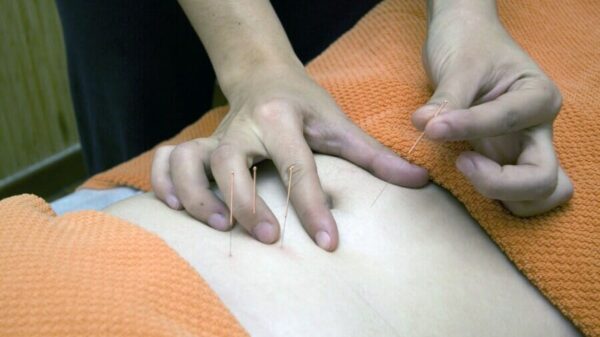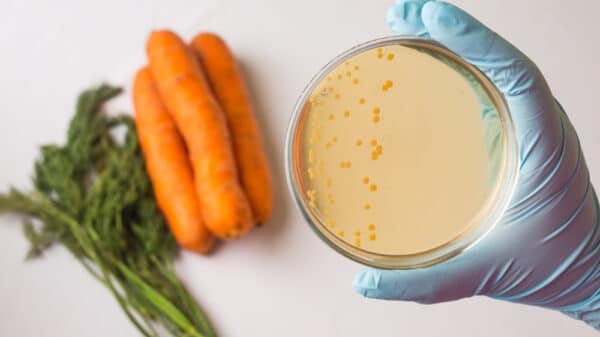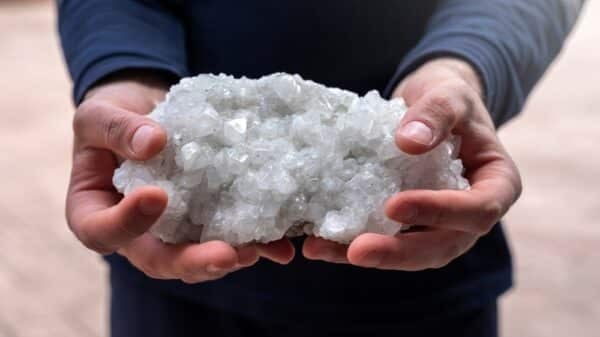Navigating the world of supplements can feel like trudging through a thick fog, especially with so much contradictory information out there. One supplement that has garnered attention for its potential benefits is creatine. This amino acid, which your body can synthesize, plays a crucial role in producing energy for your muscles. Good news? It’s widely regarded as safe. A thorough review from 2017, published in the Journal of the International Society of Sports Nutrition, reassured that dosages of up to 30 grams daily are well-tolerated for extended periods, up to five years.
Think of creatine as your body’s own little sidekick in muscle recovery and energy production. Remarkably, about 95 percent of the creatine you produce or consume goes straight to your skeletal muscles. Studies have shown that it doesn’t just support athletic performance—it can actually help you recover faster and even lower your injury risk. But wait, there’s more! The rest of the creatine? It’s directed to other tissues, including the brain. So, there’s a possibility that this familiar supplement might be working behind the scenes to support your mental health, too.
Research recently highlighted the connection between dietary creatine intake and mental wellness. According to findings from the National Health and Nutrition Examination Survey, individuals who consumed about one gram of dietary creatine daily had a startling 31 percent lower risk of experiencing depression compared to those who consumed just 0.15 grams daily. There’s a growing belief among scientists that creatine may enhance brain energy metabolism and capacity, which could play a significant role in mitigating depressive symptoms.
Dr. Ryan Sultan, a notable mental health advocate and physician, discusses an intriguing hypothesis: “Creatine may enhance cellular energy metabolism, potentially addressing the energy deficits frequently seen in depression.” This means that for those dealing with the weight of depression, creatine could be a key to restoring balance to the brain’s energy levels.
But it doesn’t end there. For individuals struggling with depression, creatine supplementation might supercharge the effectiveness of antidepressants. A 2023 review released in Sports Medicine states that traditional methods may not always tackle the core symptoms effectively. Dr. Sultan suggests that pairing creatine with antidepressants could create a promising approach to treatment.
In a noteworthy 2017 study featured in the Journal of Clinical Psychopharmacology, researchers found that women who had struggled to respond to traditional antidepressants showed significant improvement when supplemented with just five grams of creatine daily, alongside a serotonin precursor, over the course of eight weeks. Imagine that—what if such a simple addition to your routine could rekindle the spark of hope in your mental health journey?
Yet, as promising as this sounds, it’s essential to remain grounded. Dr. Sultan urges us to remember that “while initial findings are encouraging, more comprehensive and rigorous studies are necessary to definitively determine the effectiveness of creatine as a treatment for depression.”
Just as exercise is not a substitute for therapy or medication, those facing mental health struggles should first seek guidance from a healthcare professional. It’s crucial to address the underlying causes of your feelings rather than jumping straight into the supplement game. It’s all about taking a step back, getting the right help, and then, if it feels right, complementing that with the support of something like creatine. After all, your mental health deserves the best care, and you don’t have to navigate this journey alone.
Image Source: Prostock-studio / Shutterstock
































